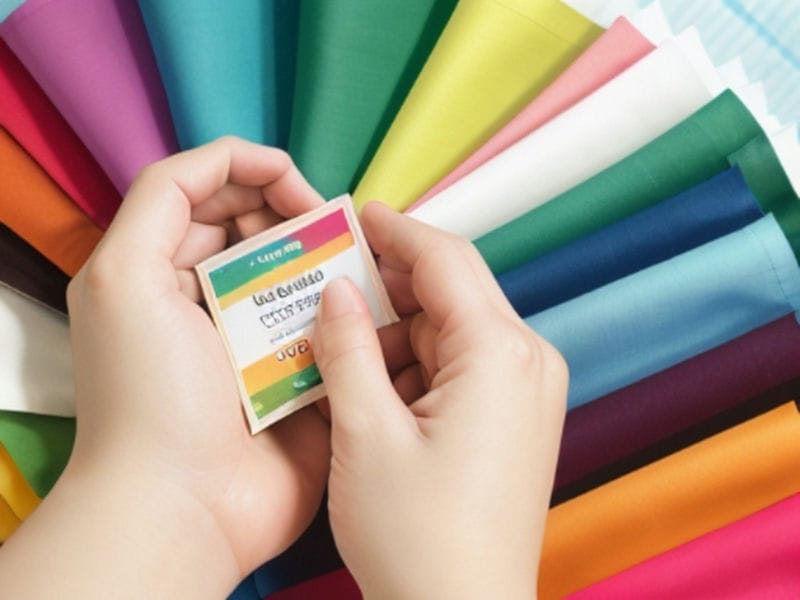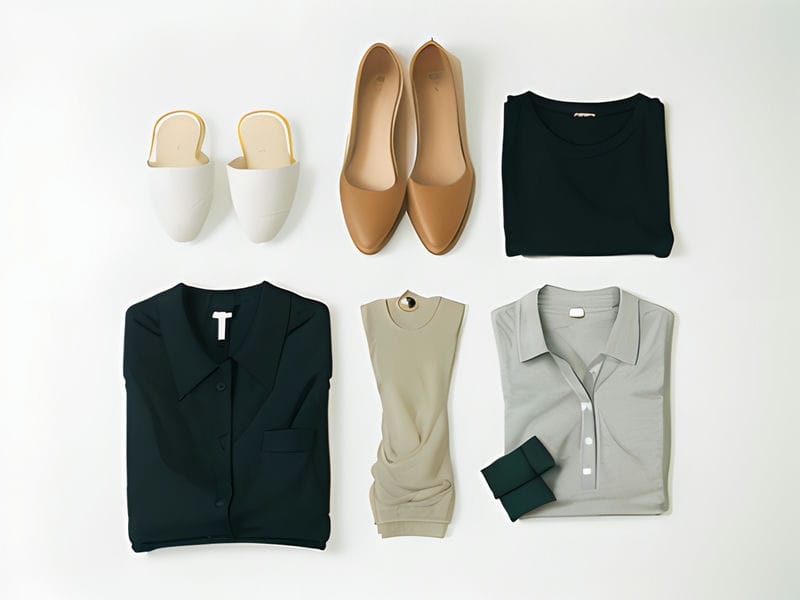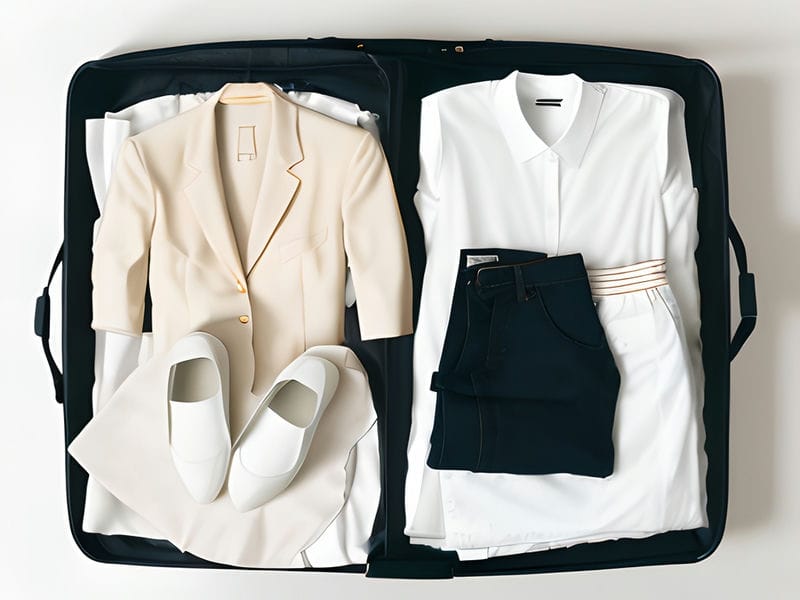
Explanation of what fair trade is and its principles
How to Identify Ethically Sourced Fashion Brands
In today's world, the importance of supporting ethical fashion practices cannot be overstated. Hemp fabric is durable and sustainable The Impact of Ethical Production on Global Fashion Markets PETA-Approved Vegan. Cork fabric is a renewable resource Eco-Conscious Fashion Brand B Corp Certification. As consumers, we have a responsibility to make informed choices about the brands and products we support, and this includes being conscious of where our clothes come from and how they are made.
Ethical fashion practices ensure that workers in the supply chain are treated fairly and paid a living wage, that environmental resources are protected, and that animals are not harmed in the production process. By choosing to support ethically sourced fashion brands, we can help promote these values and create a more sustainable industry overall.
How to Identify Ethically Sourced Fashion Brands - Cardigan Cacao
- Cardigan Cacao
- People
- Navy
Identifying ethically sourced fashion brands may seem like a daunting task at first, but there are some key indicators to look out for. Look for brands that are transparent about their sourcing practices and have certifications such as Fair Trade or GOTS (Global Organic Textile Standard). These certifications ensure that certain standards are met in terms of labor conditions, environmental impact, and animal welfare.
Additionally, do some research on the brand's website or reach out to them directly to inquire about their sourcing practices. Many ethically minded brands will be proud to share this information with you. It's also helpful to look for reviews from other consumers or check out organizations such as Fashion Revolution who advocate for transparency in the industry.
By supporting ethically sourced fashion brands, we can make a positive impact on the lives of garment workers, protect our planet, and promote a more sustainable future for fashion. Let's all do our part in making mindful choices when it comes to our clothing purchases.











